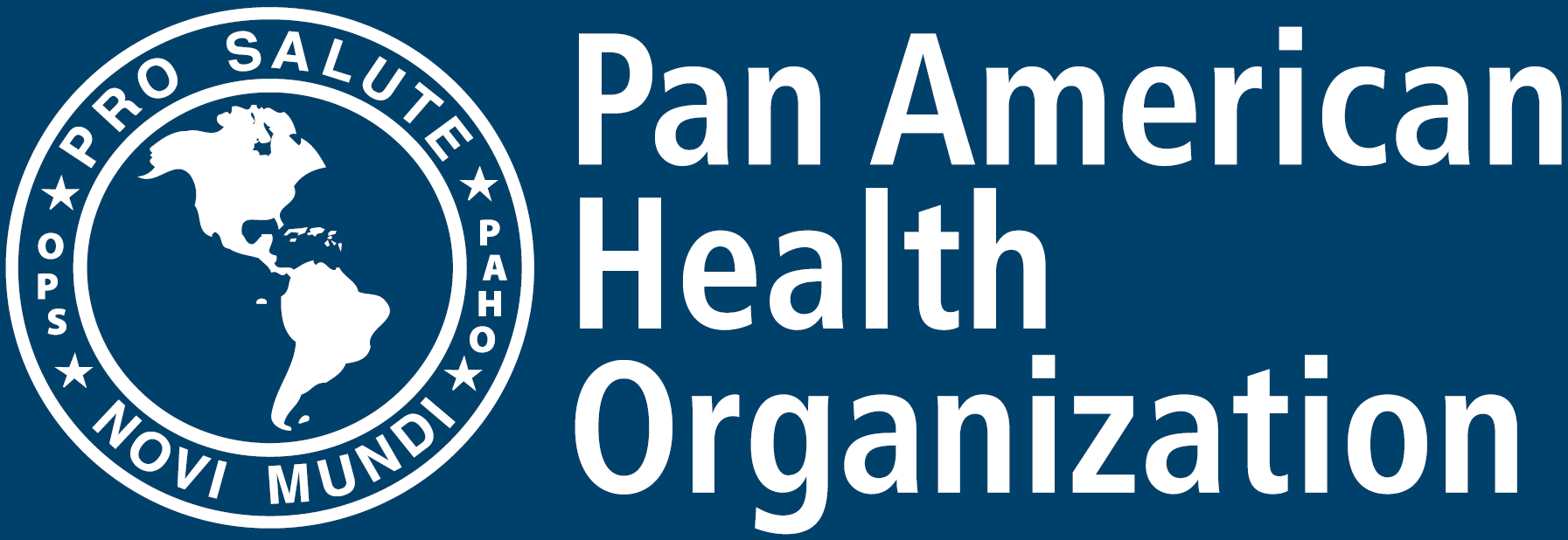Over the last two decades countries demonstrated increasing interest in models and good practices of alternatives to incarceration (ATI) for justice-involved individuals with substance use disorders from both a public health and public security perspective. The program aims to support countries providing training, technical assistance, and expertise in developing evidence-based ATI programs at different levels of the justice continuum.
ES-CICAD currently works with twenty countries in the Americas to develop, implement or expand ATI programs.
ES-CICAD works with countries in the Americas to support evidence-based interventions and strengthen the ability to monitor and evaluate ATI programs. To date, ten member states evaluated their ATI programs, including but not limited to drug treatment courts, contributing with good practices, and sharing challenges.
ES-CICAD supports the development of gender-based, age-based, and people-centered and human rights informed ATI interventions, identifying and responding to the needs of vulnerable populations and developing technical tools, manuals, and protocols for ATI initiatives.
Further information on the publications.
- Establishing a dialogue with the country, building the strategic partnership, institutional capacity, and engagement of all relevant stakeholders.
- Undertaking an ATI diagnostic study/pre-assessment.
- Planning ATI training.
- Delivering ATI Training virtually, and in-person (ATI framework and customized training for each of the participating ATI key sectors and stakeholders).
- Delivering technical assistance in the development and implementation of ATI pilot project.
- Supporting the development of an integrated monitoring and evaluation mechanism in the ATI pilot project.
- Developing specialized ATI related curricula, responding to the needs and interests of participating countries.
- Developing protocols/guidelines for implementation of ATI programs.
- Increasing global dialogue and exchange of good practices on ATI.
- Increasing knowledge on implementation of a range of evidence-based ATI models.
- Increased knowledge and skills of professionals on ATI in the country.
- Improved capacity to identify ATI profiles and appropriate responses implementing ATI risk-need-responsivity methodology.
- Developed tools for specific genders, age groups, and individuals at risk.
- Extended number of ATI programs, including but not limited to pilot projects at different stages of the justice continuum.
- Increased technical capacity to monitor and evaluate ATI programs.
For the Americas: Antonio Lomba, Unit Chief, Institutional Strengthening, ES-CICAD/OAS). Email: alomba [at] oas [dot] org (alomba[at]oas[dot]org) Website: https://www.oas.org/ext/en/main/oas/our-structure/gs/sms/cicad/institut…




